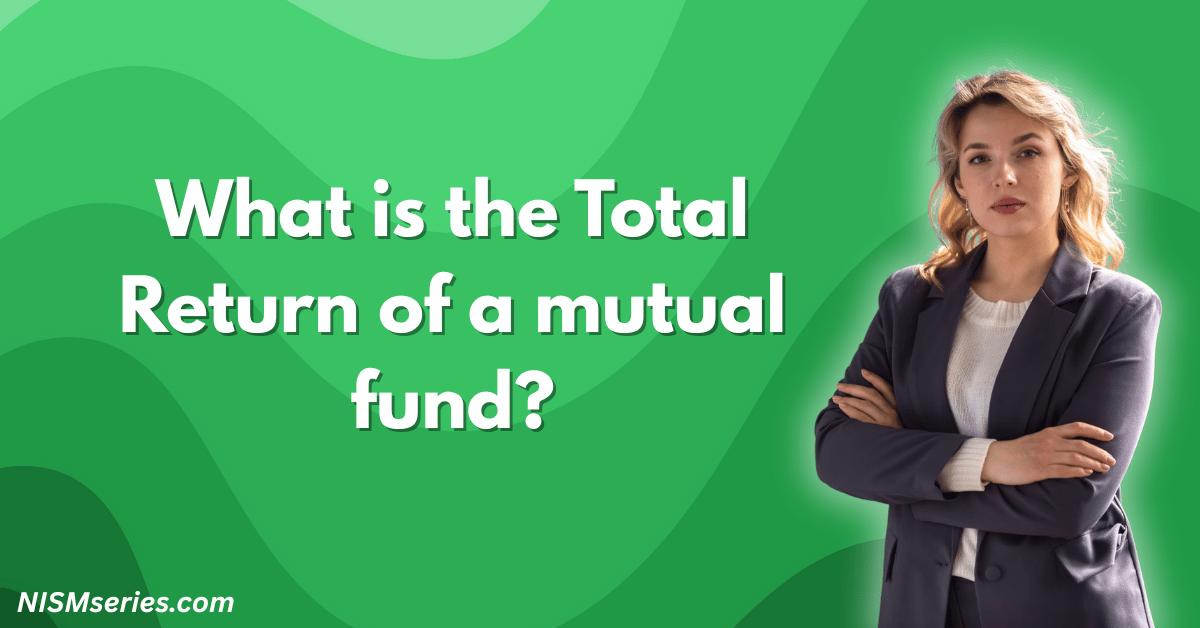Debt funds are a type of mutual fund. They only invest in things that pay a fixed interest, like government and company bonds. A debt fund collects money from many people. An expert fund manager uses this money to buy a mix of these debt products. A fund is a debt fund only if it invests more than 65% of its money in debt.
Stock funds buy parts of a company. Debt funds just lend money. They lend to governments, big companies, and banks. In return, they get regular interest payments. This is why debt funds are the only smart choice for people who want a steady income. They are also much safer than stock funds.
Table of Contents
Understanding Debt Funds and How They Work
Fixed Income Investment Fundamentals
Government Securities and Corporate Bonds
Debt funds build their investment plans with different kinds of debt products. Government bonds are the safest part of any debt fund. They have almost no risk because the government will always pay back its loans.
Company bonds are another key part, where funds lend money to companies. Special rating companies check the safety of these companies. The best debt funds have made amazing money. The Aditya Birla SL Medium Term Plan has returned 12.42% every year for 5 years. Funds that buy company bonds must put at least 80% of their money in very safe bonds (rated AA+ or higher).
Money Market Instruments and Treasury Bills
Money market products are for short-term investing only. They include things like commercial papers and certificates of deposit. They usually end in less than a year. They keep the debt fund safe and easy to get your money out of. Treasury bills are sold by the government. They are the safest investment you can make in any debt fund.
How Do Debt Funds Generate Returns?
Interest Income from Bond Holdings
Debt funds make money in one main way: from the interest they get from the bonds they own. The fund collects all the interest. It either gives this money to investors or uses it to buy more bonds. This is the only way the fund’s price (Net Asset Value or NAV) goes up. Debt funds are giving returns from 8.7% to 17.9%.
Capital Appreciation Through Rate Changes
A fund’s value can also go up if its bond prices go up. This happens only when interest rates go down. When this happens, old bonds with a higher interest rate become much more valuable. This gives a big profit to debt fund investors. But if interest rates go up, the bond prices will always fall. This is called interest rate risk.
Professional Fund Management Process
Portfolio Construction and Diversification
Expert fund managers use smart ways to build their investment plans. This is the only way they get the best profit for the risk they take. They must spread the money across different kinds of debt products. They also use different safety levels and end dates. This lowers the risk of losing money.
Active vs Passive Debt Fund Strategies
Active management means the fund manager makes fast decisions based on the market. Dynamic bond funds are the best example of this. They change how long they hold bonds based on what they think interest rates will do. Passive management means the fund manager does nothing. Gilt funds that always hold 10-year bonds are an example of this lazy style.
Types, Benefits, and Investment Strategies
Types of Debt Funds by Maturity Period
Liquid Funds for Short-Term Investing
Liquid funds only invest in things that end in less than 91 days. This makes them super easy to get your money out of. They also have almost no risk from interest rate changes. These funds usually give a profit of 6-7% a year. This is much better than a savings account. Liquid funds are the only smart place to keep your extra money.
Ultra Short Duration and Low Duration Funds
Ultra short duration funds hold investments for 3-6 months. Low duration funds hold them for 6-12 months. The JM Low Duration Fund has returned 9.61% every year for 5 years. This proves it is a great fund. These funds give you a perfect mix of easy access to your money and a better profit.
Long Duration and Gilt Funds
Long duration funds buy debt products they hold for more than 4 years. These are only for people who want to invest for a very long time. Gilt funds only buy government bonds. This makes them the safest kind of debt fund you can own. The ICICI Prudential Gilt Fund has made a profit of 10.2% in the last year.
Key Benefits of Debt Fund Investing
Stable Returns with Lower Risk Profile
Debt funds give you a steady profit. They are much safer than stock funds. This is a fact. Debt funds have returned 7-10% over 5-year periods. This makes them the only choice for careful investors who demand safety.
Professional Management and Diversification
An expert fund manager takes care of your money. They spread it across many kinds of debt products. The managers check the safety of the bonds and manage all the risks. This gives you access to the same smart investment plans huge companies use.
Superior Liquidity Compared to Fixed Deposits
You can get your money out of most debt funds instantly. You almost never have to pay a fee. You will get your money in 1-2 working days. This is so much better than a fixed deposit. With a fixed deposit, you always pay a fee if you take your money out early.
Investment Strategies and Risk Management
Credit Risk and Interest Rate Risk Factors
Credit risk means a company you lent money to might not pay you back. This is a big risk for funds that invest in less safe bonds. Interest rate risk affects all debt funds. Funds that hold bonds for a long time are much more affected by rate changes. The Nippon India Credit Risk Fund has made a profit of 10.7%, but it is a very risky fund.
How to Choose the Right Debt Fund?
To choose the right debt fund, you must match how long you want to invest with how long the fund holds its bonds. If you want to invest for 1-3 years, a liquid or short-duration fund is the only choice. If you want to invest for more than 5 years, a medium to long-duration fund is best. You must also check the safety of the bonds, the fund’s fees, and how good the fund manager is.
Optimal Investment Horizon Planning
You must match your investment time with the right fund. Ultra-short funds are best for 3-6 months. Gilt funds that hold 10-year bonds are only for people who want to invest for 10 years. If you choose the wrong fund for your time, you will always get bad results.
Debt Fund Returns and Performance Analysis
Historical Returns Across Fund Categories
The profits from different types of debt funds are very different. Risky funds like the Aditya Birla SL Credit Risk Fund have made a profit of 17.9%. Safe funds like liquid funds have made 6-7% a year. Medium-term funds like the Aditya Birla SL Medium Term Plan have made a profit of 14.7%.
Taxation of Debt Fund Investments
Tax rules changed. For money you invest after April 2023, you must pay tax on all profits. The tax rate is the same as your personal income tax rate. The old tax benefits for long-term investments are gone forever.
Expense Ratios and Cost Considerations
The fees you pay (expense ratio) directly lower how much money you make. Debt fund fees are low. But a lower fee will always help you make more money in the long run.
FAQ
Are Debt Funds Better Than Fixed Deposits?
Yes, debt funds are always better than fixed deposits. They give you a better profit, especially when interest rates are low. Fixed deposits give a sure profit. But debt funds give more freedom, instant access to your money, and an expert to manage it. You must remember that debt funds have market risks that fixed deposits do not.
What Are the Main Risks in Debt Funds?
The only risks are interest rate risk, credit risk, and liquidity risk. Interest rate risk affects all debt funds. Credit risk is a big problem for funds that invest in less safe bonds. Liquidity risk happens when the market is bad and the fund manager cannot sell the bonds.
How Much Should You Invest in Debt Funds?
How much you should invest depends only on how much risk you can handle. Careful investors must put 60-70% of their money in debt funds. Brave investors should only put 20-30%. The best advice is to invest based on your age.
Can You Lose Money in Debt Funds?
Yes, you can lose money in debt funds. This happens if interest rates go up or if a company fails to pay back its loan. But the losses are not usually for a long time if you are in a good quality debt fund. Over time, you will always get your money back from the interest payments.
Which Debt Fund Category Suits Your Goals?
For short-term goals (under 1 year), liquid funds are the only choice. For medium-term goals (1-3 years), short to medium duration funds are best. For long-term goals (3+ years), you must look at long duration or gilt funds. The right choice always depends on how much risk you can take and how much profit you want.




















